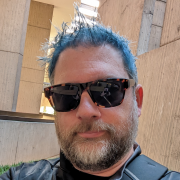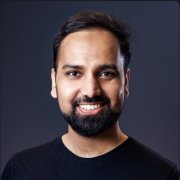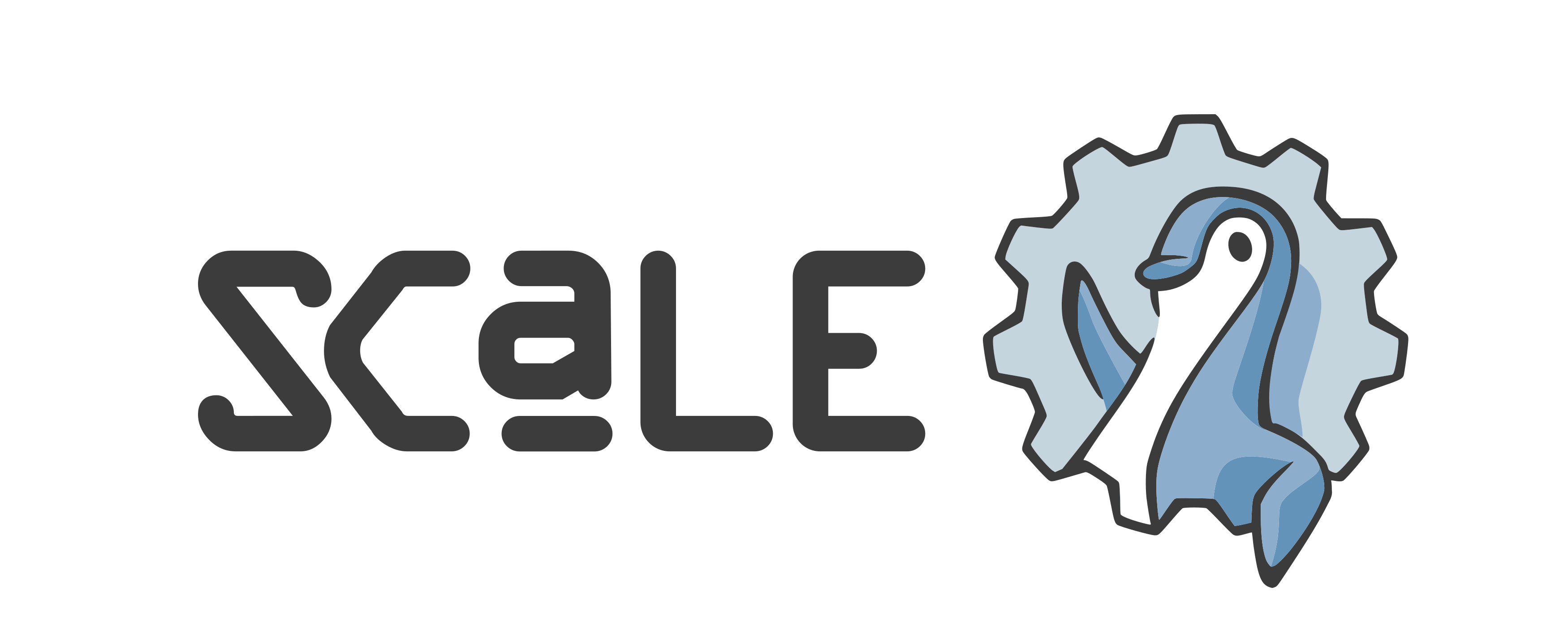Presentations

The ability to retain, understand, and act on personal data is key to building truly intelligent assistants. In this talk, Liam Broza introduces Companion Intelligence, a platform that leverages Digital Memory to give users control over their data while enabling AI-powered deep personalization and contextual awareness. He will explore the evolution of Companion Intelligence, its role in shaping embodied AI agents, and provide a demo of how these systems can enhance productivity, security, and autonomy in the digital world.

You probably have an iPhone or Android phone that you used for pictures. Well what do all those pictures say about you or the world you live in? In this session I will show you how to use computer vision data curation to understand: are there themes in your pictures, which pictures are out of focus, which has your pet versus a QR code?
This talk will include working demos, each with Github repositories that you can use later. Come to learn some of the latest AI Computer Vision techniques by using photos you can relate to.

Come along on this ADHD-fueled journey as Jeremy tells _some_ of his journey in tech, all while trying to stay on topic. He’ll dive into some of his early days “hunting squirrels” while also keeping the local librarians employed. He’ll also touch on his experiences through the early days of the internet (not ARPANET, but the “world wide web”) and how he learned to “cope” with this thing called ADHD, without _really_ coping with it, until he had to. You’ll hopefully laugh, probably cry, and that will just be from having to listen to him try to stay on topic.
Flakes are a way to share Nix artifacts in a reproducible, composable and discoverable way. A major limitation of flakes right now is that they are not *configurable*: there is no easy way to pass arguments to a flake from the command line. In this talk, I describe an extension of flake schemas that make flakes configurable in a way that preserves discoverability, hermetic evaluation and evaluation caching. This addresses a major blocker in the adoption of flakes.


It started with a product listing for a four-wheeled device that looked like a fun weekend project.
Before long, upgrades made our robot aware of its environment and much more fun to control.
In this talk, attendees can expect to learn the abbreviated version of everything we learned not to do when it comes to building and controlling remotely operated vehicles. We'll dive into the hardware side of things, talk about protocol-driven development, why memory and garbage collection are crucial and how we made all parts work together, reliably.

Have ever wondered how FOSS was actually was supposed stay FOSS for the long term? Have you ever been unsure or confused why — in a world where Linux is on nearly every device — most people cannot actually run an alternative OS build on their device? This talk will leave you informed on these questions and prepared to participate in the next policy steps our community must take to bring back software freedom and rights to the next generation of FOSS users, activists and developers.

This session offers a rapid introduction to deploying generative AI (GenAI) with open source tools tailored for business. Attendees will explore key projects like Enterprise GPT, an open source alternative to proprietary models, gaining practical insights for using GenAI in content creation, search, and analytics. With a focus on collaboration within the open source community, participants will leave equipped to leverage GenAI’s potential and implement customizable, enterprise-ready solutions.


ClickHouse recently undertook a major refactoring of our operator to change how we orchestrate customer-provisioned databases through Kubernetes StatefulSets.
The challenge? Migrating thousands of services to the new orchestration system without any downtime. This talk explores how we accomplished this migration, diving into the complex challenges we faced and solved. We'll cover our custom migration controller, durable execution workflows, and database synchronization hurdles that emerged while keeping ClickHouse Cloud's fleet running smoothly.
We'll cover the basics in darktable for new users: importing files, filtering, tagging and management, and achieving a basic, neutral edit. We'll then transition to more advanced techniques, such as color grading, masking, luminance control, highlight reconstruction, and denoising.
For maximum impact, please have darktable installed on your laptop (https://www.darktable.org/install/) and any raw files you've captured and want to edit.

Are you looking to break into the thrilling world of cyber and physical security? Curious about how data breaches impact everyday folks and interested in helping organizations recover and minimize the impact of attacks? Join us for an eye-opening discussion that pulls back the curtain on data breaches, corporate cover-ups, and the harsh realities that aspiring security professionals face in today’s digital landscape.
